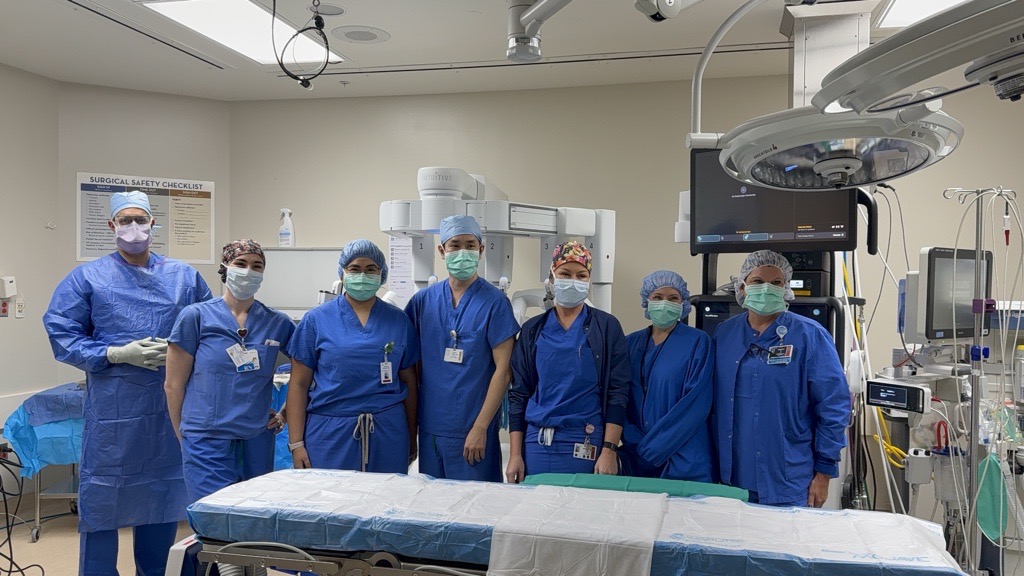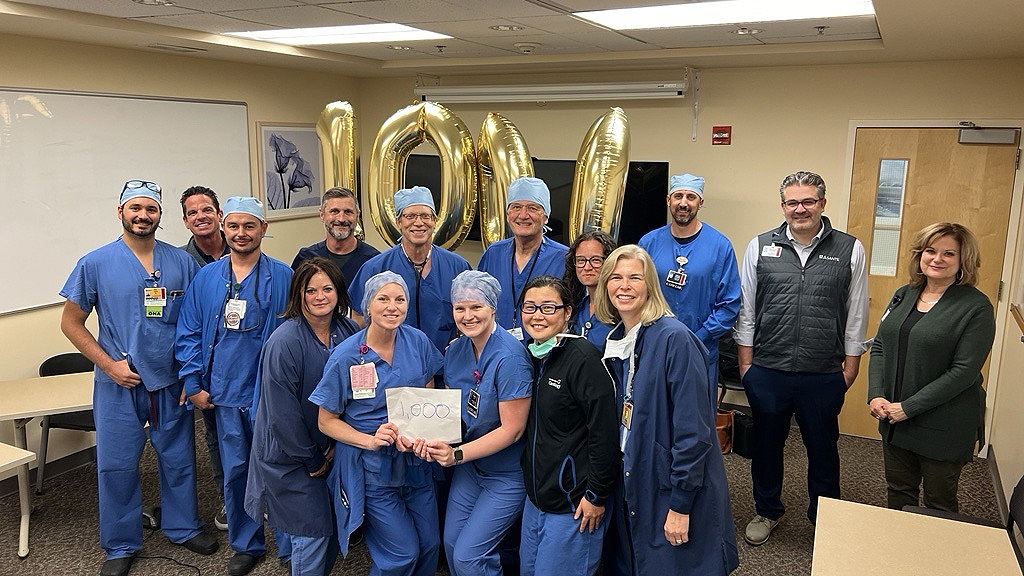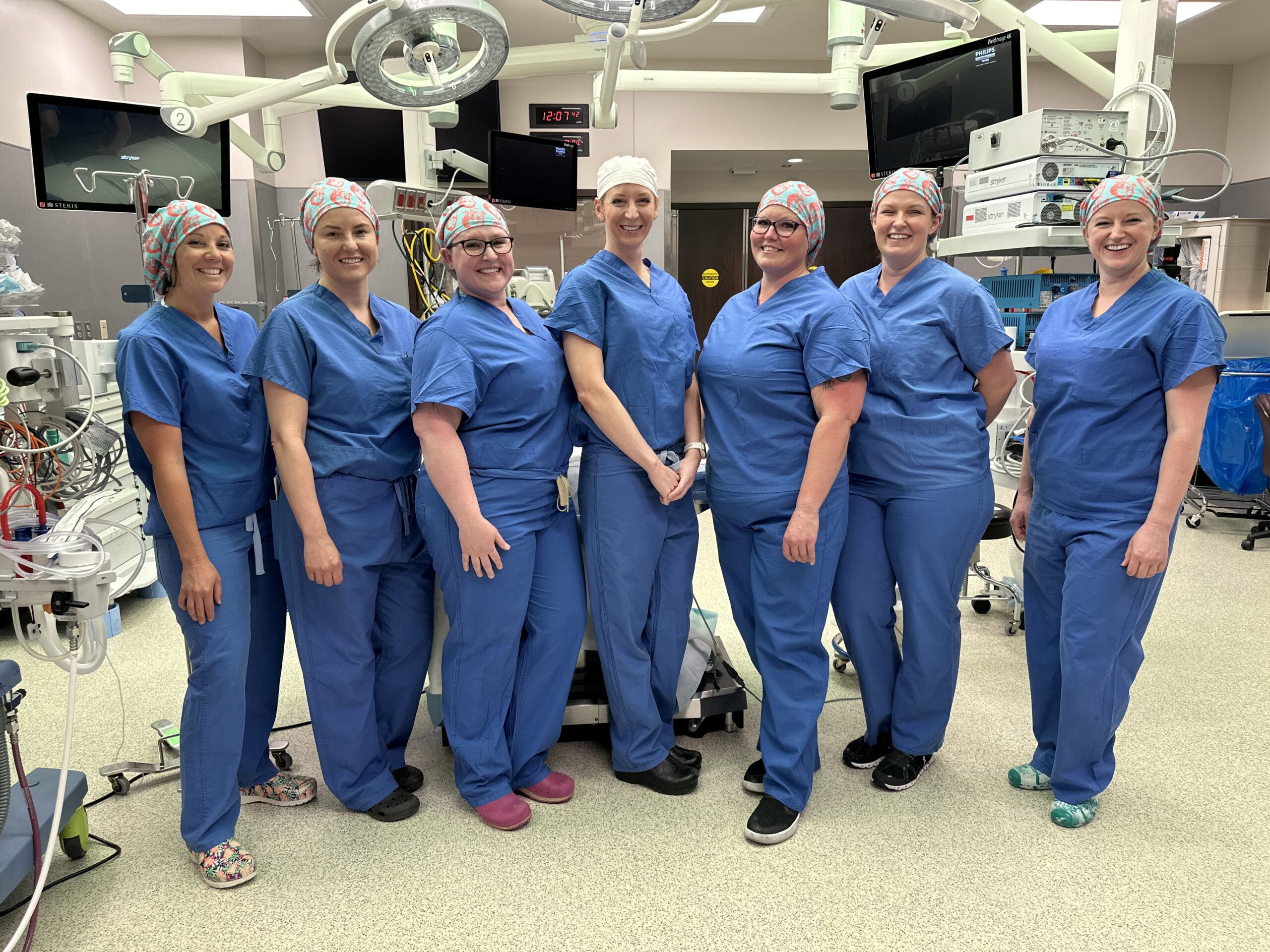Summary
This article debunks Thanksgiving food myths, focusing on safe turkey cooking and storage and dispels the myth that turkey induces sleepiness, ensuring a healthier and more informed holiday feast.
Thanksgiving is a time to reconnect with family and friends, often around the dinner table. But what if the facts about food you thought to be true your whole life were actually false? It’s time to do some research and learn what is true and what is a myth. This article dispels some urban legends to help keep you and your guests safe and healthy.
Myth 1: The turkey is cooked once the juices run clear.
It’s not always safe to eat a cooked turkey once the juices run clear. Using a thermometer is the only way to ensure your turkey is bacteria-free and safe to consume. The USDA advises that the internal temperature reaches a minimum of 165° F. At this point, harmful bacteria are destroyed, and your turkey is safe to eat.
Myth 2: Defrosting your turkey at room temperature is safe.
It’s not safe to thaw a frozen turkey on the kitchen counter, outside on the back porch or in the garage. As soon as thawing begins, harmful bacteria that may be present start to grow. This could result in food poisoning and make you and your Thanksgiving guests very sick. It’s best to thaw the turkey in the fridge or cold water.
If you choose to thaw your turkey in the fridge, allow 24 hours for every four to five pounds. So, if you have a 5-pound turkey, give it at least one full day in the fridge before cooking. This will ensure your turkey is completely thawed and safe to eat. Using the cold-water method? Be sure to allow 30 minutes per pound and thaw in its original packaging. You will need to remember to change the water every 30 minutes and be sure to cook immediately after thawing.
Myth 3: Turkey makes you sleepy.
Eating turkey will not cause you to become sleepy any more than eating any other type of meat. The chemical in turkey which is blamed for making you sleepy is tryptophan. Tryptophan is an amino acid found in most protein-containing foods. Yes, tryptophan can make you tired; however, it must be taken alone and not with the many other amino acids in a Thanksgiving meal. The sleepiness culprit after a Thanksgiving meal is more likely due to a combination of overeating and alcohol.
Myth 4: You can safely refrigerate a cooked whole turkey.
It’s unsafe to refrigerate a whole cooked turkey because it will not cool quickly enough to prevent bacterial growth. The bacteria can cause food poisoning and make you very ill. By carving the turkey into smaller pieces, you can help it cool more quickly and avoid unwanted bacteria once placed in the fridge.
If you don’t plan to eat your turkey within three to four days, it’s best to freeze it. Any longer than that, and you run the risk of it becoming unsafe to eat. Lastly, remember that reheating leftovers is only safe when the internal temperature reaches 165° F.
Happy Thanksgiving
Now that you know the truth about these myths, you can relax and enjoy your Thanksgiving feast. From our family to yours, have a happy and healthy Thanksgiving!









